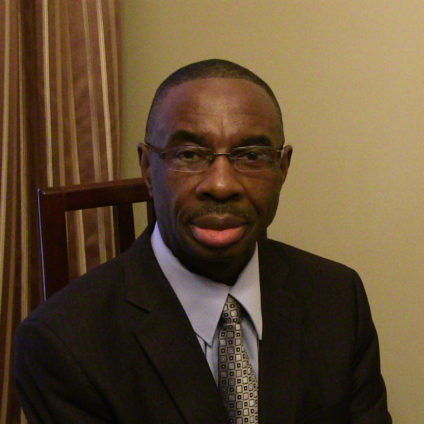A Financial Expert and a former Technical Adviser at the Ministry of Finance, Dr Sam Mensah, has described the macroeconomy as a hammer from time to time despite it being an enabler.
Speaking at the first IMANI-GIZ Reform Dialogue Series (RDS) on the theme “Ghana’s Macroeconomic Environment: An Enabler or Hammer to Investment?”, he said policies have become time-inconsistent which has created a major problem for the sustainability of the economy.
“The macro economy has been an enabler, but from time to time it turns out to be a hammer.”
He advised the country to relook at institutions of economic governance.
He also pointed out that despite the monetary and fiscal policy measures recently, the investment climate has not been enhanced enough.
This he said is because of the structural weaknesses in the economy and thus, there should be a long-term view of addressing the macroeconomic problems.
Deputy Finance Minister, Dr John Kumah, for his part said, the macroeconomic environment is meant to be an enabler, but the Ghanaian economy is not yet there, though on the path.
According to him, the government is reducing the fiscal deficit, revising expenditure targets by 30% for discretionary expenses, and has placed a moratorium on the importation of vehicles, among others.
He said the Ghana Revenue Authority met its revenue target for 2021 and this is expected to continue into the 2022 fiscal year.
He however said external factors like COVID-19, the Russian-Ukraine crisis, among others have adversely affected the economy.
Dr. Kumah also noted that the Fiscal Responsibility Act is very good in guiding and monitoring the government.
He mentioned that government would do more with regard to the efficiency of its expenditures.
The dialogue sought to engage relevant stakeholders in Ghana’s investment ecosystem to discuss how a conducive macroeconomic environment creates the right investment climate.
The macroeconomic environment are the set of factors that affect investment and growth in an economy. Basic indicators of the macroeconomic environment include inflation rate, exchange rate, the fiscal balance, and the external current account balance, among others.
Latest Stories
-
Bawumia joins thousands in Kumasi for burial prayers for Ashanti Regional Imam
48 minutes -
Blue Gold Bogoso Prestea Limited challenges government actions in court
1 hour -
Patrick Atangana Fouda: ‘A hero of the fight against HIV leaves us’
2 hours -
Trinity Oil MD Gabriel Kumi elected Board Chairman of Chamber of Oil Marketing Companies
3 hours -
ORAL campaign key to NDC’s election victory – North America Dema Naa
3 hours -
US Supreme Court to hear TikTok challenge to potential ban
3 hours -
Amazon faces US strike threat ahead of Christmas
3 hours -
Jaguar Land Rover electric car whistleblower sacked
4 hours -
US makes third interest rate cut despite inflation risk
4 hours -
Fish processors call for intervention against illegal trawling activities
4 hours -
Ghana will take time to recover – Akorfa Edjeani
4 hours -
Boakye Agyarko urges reforms to revitalise NPP after election defeat
5 hours -
Finance Minister skips mini-budget presentation for third time
5 hours -
‘ORAL’ team to work gratis – Ablakwa
5 hours -
Affirmative Action Coalition condemns lack of gender quotas in Transition, anti-corruption teams
5 hours

